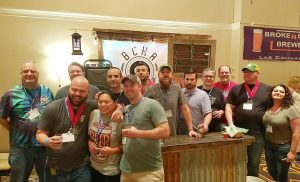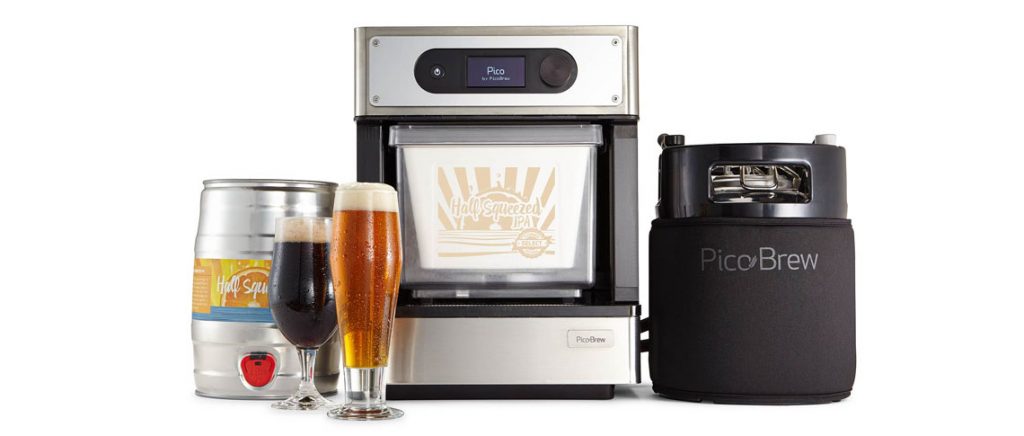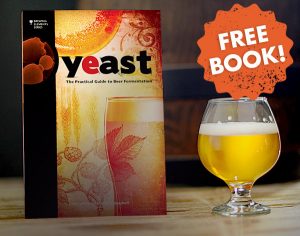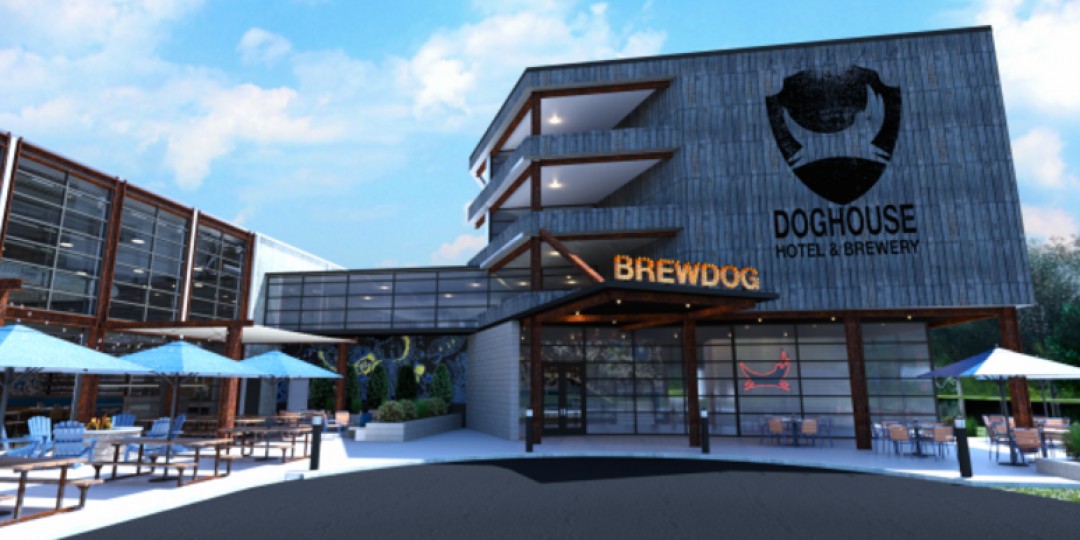NEXT CLUB MEETING – APRIL 8TH, 2017
Host: Matthew Cogburn
Where: 5418 Peppermill Lane, Abilene, TX 79606
Time: 7:00PM – 9:00PM
CLUB COMPETITION ENTRIES WILL BE DUE! don’t forget to bring your entries for our first club competition of the year to this meeting. Remember this is an open competition, so bring your best brews (2 entry limit) and lets try to have a good showing for this one.
You can download the bottle labels and entry forms from our website here.
BLUE BONNET BREW-OFF RESULTS
Thank you for everyone who attended the Blue Bonnet Brew-Off this year! It was a great time. If you didn’t get to make it this was a fun filled weekend with great tech talks, beer samplings, the pub crawl, food pairings and good times.
We also had a couple winners this time around. A big congratulations to:
Samuel Pugh – Silver Medal for his Smoked Chili ESB!

Adam Allegrucci – Silver Medal for his Red IPA!

Thanks also for everyone that had entries, it’s a hard competition to win but if you don’t enter you can’t win. Plan on entering next year, it’s definitely a great competition to enter.

TIPS AND BEERSOURCES

The Pico Brewing System
Automatically brew 5 liters of fresh craft beer at home in about 2 hours using eco-friendly grain and hop PicoPaks™ from dozens of award-winning breweries worldwide.

THE WHIRLFLOC EFFECT | EXBEERIMENT RESULTS!
A curious thing occurs when wort is boiled– proteins coagulate in what’s called the hot break, initially causing a terrifying period of foaming, and eventually leads to a kettle of boiling liquid that looks more like egg drop soup than beer-to-be. A similar thing occurs during the rapid chilling of the wort at the conclusion of the boil, which is referred to as the cold break. Both of these are accepted by many as being an important component of the brewing process, as it allows the brewer to more easily transfer only clear wort to their fermentors, which is believed to reduce haze and improve shelf stability. While a good boil, proper wort pH, and quick chilling will contribute to a good break, brewers often rely on additives to encourage stronger coagulation of these proteins, with a popular option being Whirlfloc.





